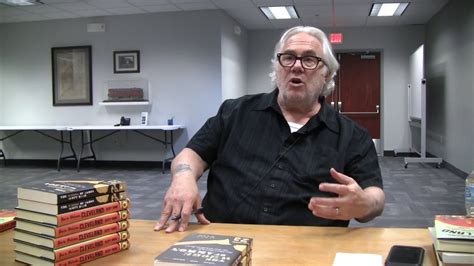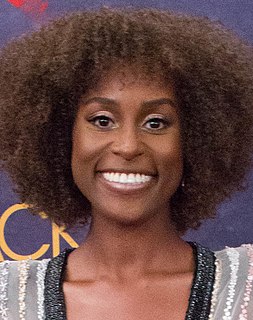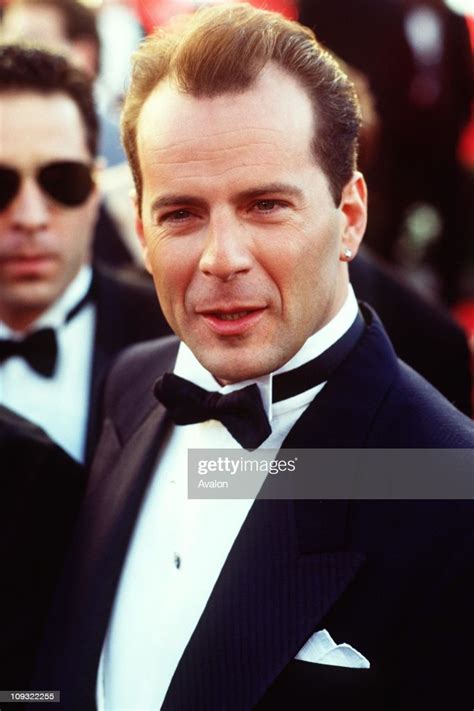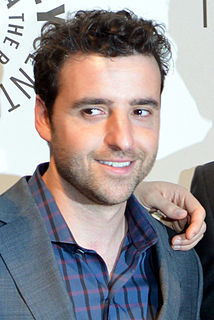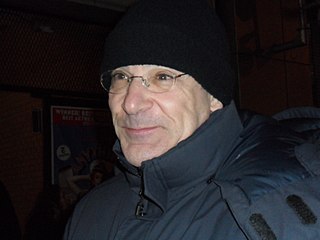A Quote by Scott Raab
I remember when I had my show [The Chris Rock Show on HBO], I used to run my show. It was so hard to get people to bring sketches to me. No one had ever worked for a black person before. Even the black people hadn't worked for a black person. It literally took a month or two for everybody to know: I'm really running the show.
Related Quotes
I felt like it was a courageous show [Black-ish] from the beginning. We are a black family - we're not a family that happens to be black. But the show is not even about us being black. The show is about us being a family. That is groundbreaking - on TV, the black characters either happen to be black or they're the "black character," where everything they say is about being black. I think that's the genius.
Our respect for the dead, when they are just dead, is something wonderful, and the way we show it more wonderful still. We show it with black feathers and black horses; we show it with black dresses and black heraldries; we show it with costly obelisks and sculptures of sorrow, which spoil half of our beautiful cathedrals. We show it with frightful gratings and vaults, and lids of dismal stone, in the midst of the quiet grass; and last, and not least, we show it by permitting ourselves to tell any number of falsehoods we think amiable or credible in the epitaph.
The black characters on TV are the sidekicks, or they're insignificant. You could put all the black sidekicks on one show, and it would be the most boring, one-dimensional show ever. Even look at the black women on 'Community' and 'Parks and Recreation' - they are the archetype of the large black women on television. Snide and sassy.
White people scare the crap out of me. I have never been attacked by a black person, never been evicted by a black person, never had my security deposit ripped off by a black landlord, never had a black landlord, never been pulled over by a black cop, never been sold a lemon by a black car salesman, never seen a black car salesman, never had a black person deny me a bank loan, never had a black person bury my movie, and I've never heard a black person say, 'We're going to eliminate ten thousand jobs here - have a nice day!'
The Monica Lewinsky scandal was happening at the very time I was writing the West Wing pilot and it was hard, at least for Americans, to look at the White House and think of anything but a punch line. Plus a show about politics, a show that took place in Washington, had just never worked before in American television. So the show was delayed for a year.
